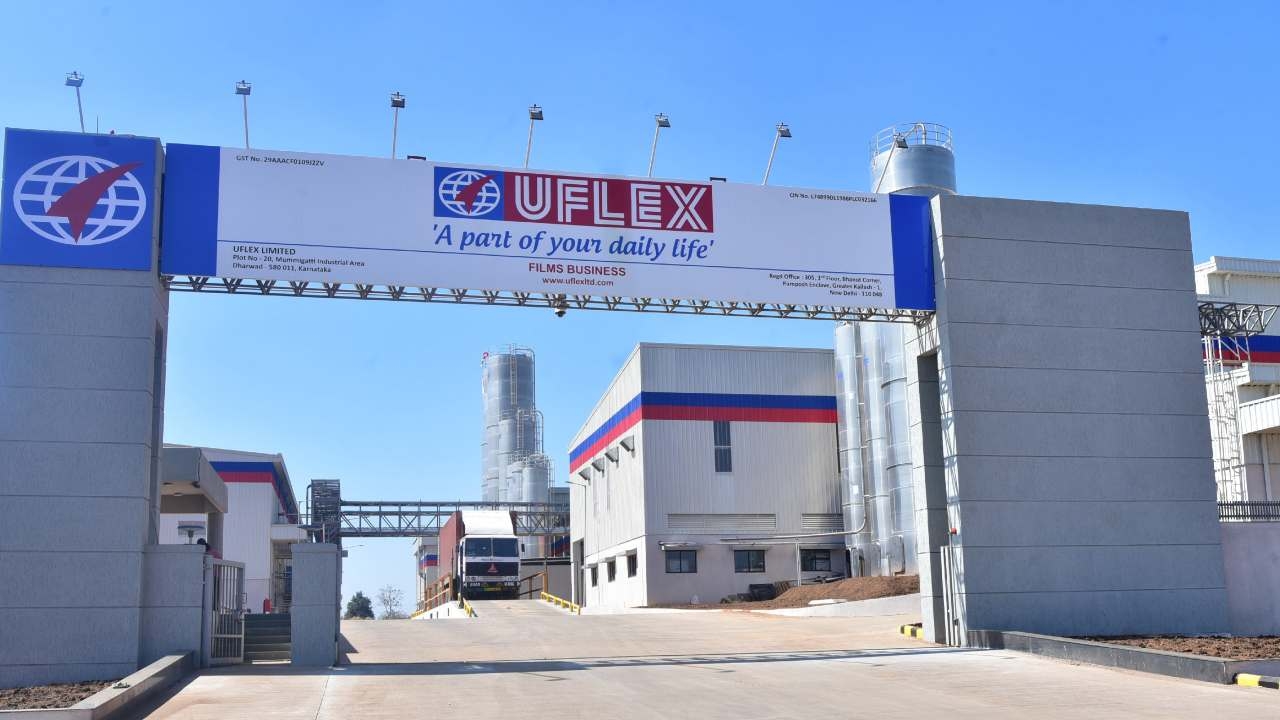Beware false environmental claims

 Some companies are deliberately exploiting the limited understanding of forest management certification among consumers and the general public, according to the Australian plantation products and paper industry council (A3P). The council says most consumers are unlikely to understand the fundamental difference between forest management certification and chain of custody certification. This distinction is vital, and far more important than the minor differences in specific forest management requirements between the two major certification systems, the PEFC (Program for the Endorsement of Forest Certification) and FSC (Forest Stewardship Council).
Some companies are deliberately exploiting the limited understanding of forest management certification among consumers and the general public, according to the Australian plantation products and paper industry council (A3P). The council says most consumers are unlikely to understand the fundamental difference between forest management certification and chain of custody certification. This distinction is vital, and far more important than the minor differences in specific forest management requirements between the two major certification systems, the PEFC (Program for the Endorsement of Forest Certification) and FSC (Forest Stewardship Council).
Richard Stanton, CEO of A3P, said: ‘The fact that a mill or a company has chain of custody certification says nothing about its environmental performance. Only if that mill or company is able to source a sufficient volume of its wood from a certified forest can it make a claim about these credentials of its products.’
‘Importantly, chain of custody certification does not tell consumers anything at all about whether a company operates legally or meets international labor or human rights standards.’
‘We are strong supporters of sustainable forest management certification. The majority of our plantation grower members have achieved certification against either the Australian Forestry Standard and/or the Forest Stewardship Council (FSC).’
According to the council, forest management certification is an assessment of the performance of the forest manager against a standard, generally covering environmental, economic and social criteria. Chain of custody is merely a means of ensuring that the origin of wood can be traced along the manufacturing and marketing chain so that consumers can be informed about the source of the wood in the end products they are buying.
Join the debate on L&L.com.
Stay up to date
Subscribe to the free Label News newsletter and receive the latest content every week. We'll never share your email address.

